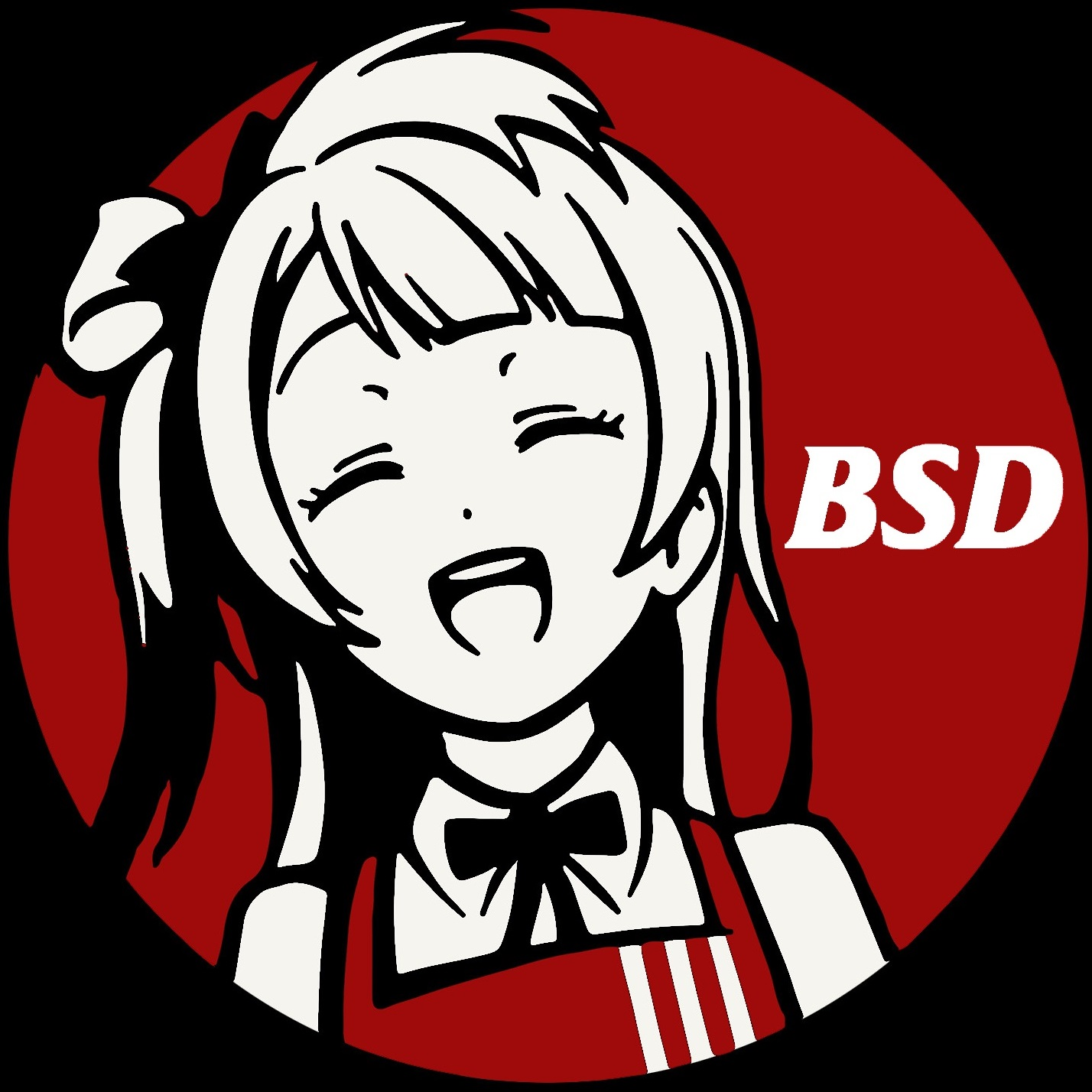14 days ago I started reading “What is to be done?” And today I have finished it. Actually, I’ve finished it three different ways.
I’ve read the Marxist Internet Archive version. I’ve listened to a audio book reading of that version. And I have read the Red Sails “Abridged” version.
“Without a revolutionary theory there can be no revolutionary movement.”
I understand why this pamphlet is so highly recommend! I also understand why it is so hard to read. There was a great suggestion for those who want to dive deep into the history of the time this was written, which is to read Lenin Rediscovered (2010). Maybe I’ll read that version in the future.
My impressions of What Is To Be Done?:
Without revolutionary theory guiding the masses the workers movement is doomed to fall into various traps.
The masses will not spontaneously gain revolutionary consciousness, and must be educated on revolutionary theory by professional revolutionaries.
We should be embarrassing all “classes”/“strata” of society. I think this is a clear shot at all the “only class matters” segment of Communist thinking. Several times Lenin emphasizes this point:
Those who concentrate the attention, observation, and consciousness of the working class exclusively, or even mainly, upon itself alone are not Social-Democrats; for the self-knowledge of the working class is indissolubly bound up, not solely with a fully clear theoretical understanding — or rather, not so much with the theoretical, as with the practical, understanding — of the relationships between all the various classes of modern society, acquired through the experience of political life. For this reason the conception of the economic struggle as the most widely applicable means of drawing the masses into the political movement, which our Economists preach, is so extremely harmful and reactionary in its practical significance.
He is referring to trade-unionist action here, a struggle for better wages and conditions for factory workers. He stresses this should be supported as a part of a larger struggle, and narrowing our view to this struggle alone can not bring about class consciousness:
“Everyone agrees” that it is necessary to develop the political consciousness of the working class. The question is, how that is to be done and what is required to do it. The economic struggle merely “impels” the workers to realise the government’s attitude towards the working class. Consequently, however much we may try to “lend the economic, struggle itself a political character”, we shall never be able to develop the political consciousness of the workers (to the level of Social-Democratic political consciousness) by keeping within the framework of the economic struggle, for that framework is too narrow.
To me this reads very clearly. All those impacted by the ruling classes oppression should be included in our movement:
Agitation must be conducted with regard to every concrete example of this oppression (as we have begun to carry on agitation round concrete examples of economic oppression). Inasmuch as this oppression affects the most diverse classes of society, inasmuch as it manifests itself in the most varied spheres of life and activity — vocational, civic, personal, family, religious, scientific, etc., etc. — is it not evident that we shall not be fulfilling our task of developing the political consciousness of the workers if we do not undertake the organisation of the political exposure of the autocracy in all its aspects? In order to carry on agitation round concrete instances of oppression, these instances must be exposed (as it is necessary to expose factory abuses in order to carry on economic agitation).
Coupled with this, we should not reduce our rhetoric to the comprehension of the masses but aim to raise their comprehension to that of the revolutionary.
But what else is the function of Social-Democracy if not to be a “spirit” that not only hovers over the spontaneous movement, but also raises this movement to the level of “its programme”?
In reality, it is possible to “raise the activity of the working masses” only when this activity is not restricted to “political agitation on an economic basis”. A basic condition for the necessary expansion of political agitation is the organisation of comprehensive political exposure. In no way except by means of such exposures can the masses be trained in political consciousness and revolutionary activity.
He is accused of only highlighting the negative and not working towards “palpable results”, which feels like an accusation against even today’s movement. However, he makes it clear that we should celebrate gains while remaining critical of those pushing economism. This attack against exposures feels exactly like the attack on people who call out politicians like Sanders and AOC for “laying traps” for the working class, while advocating for political gains
On the contrary, it is precisely our campaign of exposure that will help us to separate the tares from the wheat. What the tares are, we have already indicated. By the wheat we mean attracting the attention of ever larger numbers, including the most backward sections, of the workers to social and political questions, and freeing ourselves, the revolutionaries, from functions that are essentially legal (the distribution of legal books, mutual aid, etc.), the development of which will inevitably provide us with an increasing quantity of material for agitation. In this sense, we may, and should, say to the Zubatovs and the Ozerovs: Keep at it, gentlemen, do your best! Whenever you place a trap in the path of the workers (either by way of direct provocation, or by the “honest” demoralisation of the workers with the aid of “Struvism”) we will see to it that you are exposed. But whenever you take a real step forward, though it be the most “timid zigzag”, we will say: Please continue! And the only step that can be a real step forward is a real, if small, extension of the workers’ field of action. Every such extension will be to our advantage and will help to hasten the advent of legal societies of the kind in which it will not be agents provocateurs who are detecting socialists, but socialists who are gaining adherents. in a word, our task is to fight the tares. It is not our business to grow wheat in flower-pots. By pulling up the tares, we clear the soil for the wheat. And while the Afanasy Ivanoviches and Pulkheria Ivanovnas are tending their flower-pot crops, we must prepare the reapers, not only to cut down the tares of today, but to reap the wheat of tomorrow.
There is so much more to say about this work. It is of great value even if it is very obscured behind the history, figures, and publications of it’s time.
A note about WITBD: Abridged:
This is a great condensed version of the work, but so much of the work is a response to criticism, and much of the quotations are removed for brevity. This makes the text feel strange. It reads as a rebuttal, but if you didn’t read the original text you won’t get the full context. In classic Lenin fashion he quotes at length from these other publications, and makes heavy use of sarcastic quotes. Read this after reading the original, IMO.
Now it’s time for Imperialism!
That book had a strong impact on me.
I must say, what we really need to push is understanding of why working people’s problems are not based on bad individuals but rather on specific necessities and interests within capitalism and liberal democracy that we have the potential to abolish.
Definitely going to give these a bookmark.
I’m not a trade worker or a union member so I wouldn’t know, but I would assume that trade unions should be in the best position to educate their members and lay the foundation for revolutionary theory and action?
The argument wasn’t for or against unionism, because you’re correct, it is a good place for education and action. At the time Lenin wrote this however, others in the communist movement were advocating strictly for “economism” (better wages, working conditions, better hours, etc.), instead of a broader working class movement (including internationalism). Eventually this disagreement would lead to a split between the Mensheviks and the Bolsheviks, and the dropping of the “Social Democratic” title and adopting the Communist title.
Which is why today we associate Social Democracy with Reformism.
Unions are a ground of struggle where workers gain some awareness of their class interests, but they still need to learn why the present system will always fundamentally oppose their interests—something that requires theory. Historically, unions are often either stuck in the immediate struggle or petrified into mediators for class collaboration. We must avoid these tendencies, though they may never be revolutionary as a form of organization.
I think, with the exception of Kapital, almost all books which are landmarks in Communist theory are like 200 pages or less.
Dense but approachable.
Sick cover art
It’s great!





